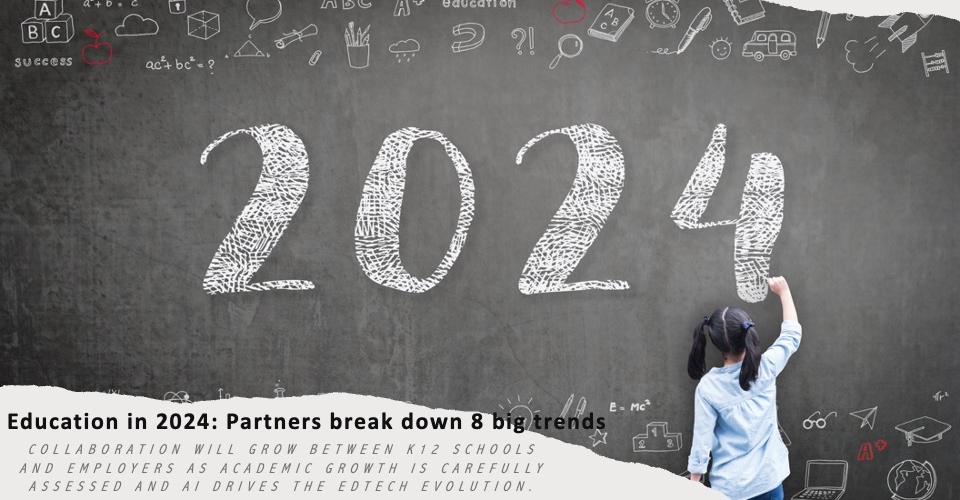Improving the nation’s overall AI literacy starts with expanded teacher professional development in artificial intelligence and helping schools develop new computer science courses. Funding for these and other K12 AI literacy initiatives is included in the bipartisan “Artificial Intelligence Literacy Act of 2023” recently drafted in Congress.
“By ensuring that AI literacy is at the heart of our digital literacy program, we’re ensuring that we can not only mitigate the risk of AI, but seize the opportunity it creates to help improve the way we learn and the way we work,” says Rep. Lisa Blunt Rochester, a Democrat from Delaware, who co-sponsored the bill with Rep. Larry Bucshon, M.D., an Indiana Republican.
The bill, which would amend the Digital Equity Act, defines AI literacy “as the skills associated with the ability to comprehend the basic principles, concept and applications of artificial intelligence, as well as the implications, limitations, and ethical considerations associated with artificial intelligence.”
A main goal of the bill is to help schools teach students to use the rapidly advancing technology safely and ethically. Grants created by the proposal would help district leaders and other education organizations:
- Provide teachers with training and certification to drive AI literacy efforts in schools.
- Send teachers to courses, workshops and conferences related to artificial intelligence instruction and course design.
- Schools without resources for computer science education would get assistance in using best practices to develop and design AI course materials for computer science classes.
- Create partnerships with the private sector to expand AI education.
- Build school labs that provide students with hands-on AI learning experiences.
- Develop virtual learning platforms for remote and individualized AI instruction.
“Every administrator, teacher and student should know how to use AI and how AI works because when you understand the underlying fundamentals, you will be better able to use AI safely, effectively, and responsibly,” Pat Yongpradit, chief academic officer of Code.org, said in a statement.
More from DA: How rebranding has this superintendent living in the moment—for now









